13 Cancer Myths You Can Safely Ignore
Sometimes it seems like everything can cause cancer. Thankfully that’s not true and neither are these popular myths about the dreaded disease.
Myth: Cancer is a “fight” you have to “win”
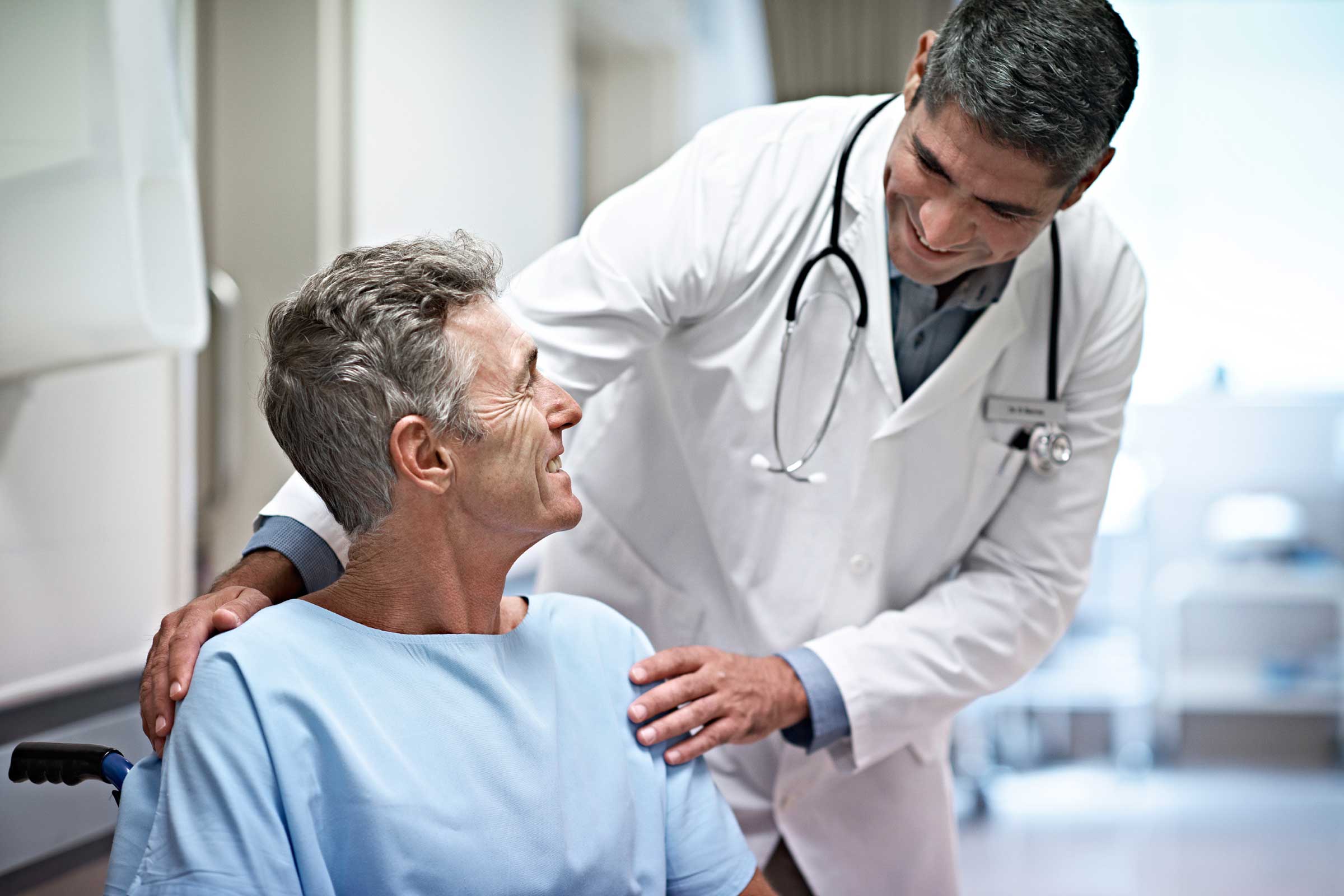
“Many people think of cancer as a battle that can be won by the most determined and committed patient. Unfortunately, that is simply not the case. Even the patient who follows her oncologist’s instructions perfectly may succumb to her illness. The image of a prizefighter knocking out the enemy simply does not happen for many patients. Sometimes, a more realistic goal is to improve quality of life. Setting small goals for overall health can be important to monitor progress. Celebrating small achievements can be very meaningful.” —Ashley Sumrall, MD, FACP, section chief of neuro-oncology at the Levine Cancer Institute in Charlotte, North Carolina
Myth: Cancer just happens, there’s nothing you can do to prevent it
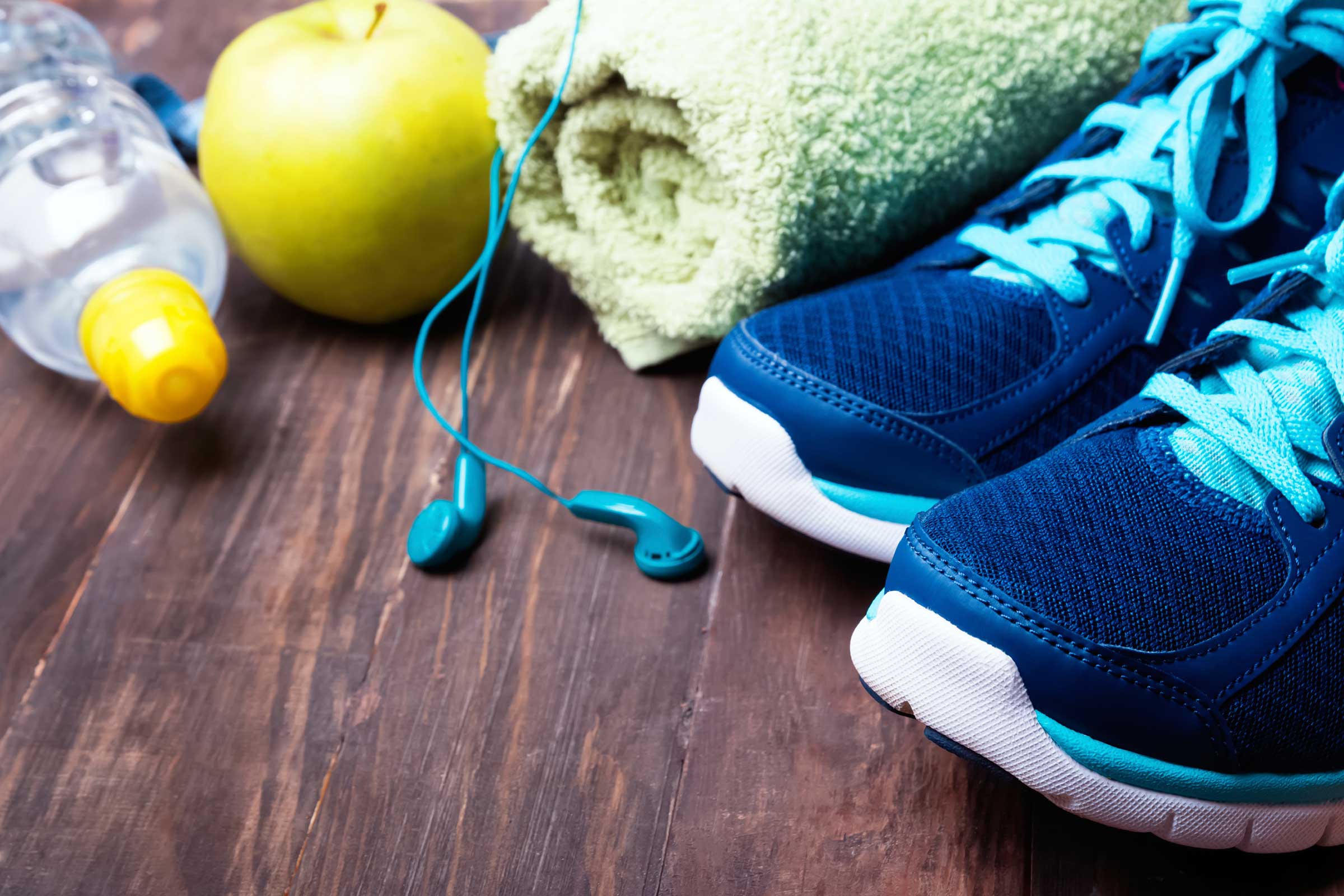
“Up to 50 percent of all
cancers can be prevented through healthy lifestyle choices such as exercise, diet, and avoidance of toxins. I recommend you exercise frequently, even if it is only for a short while each time, and try to keep a routine of being physically active. It’s also important to establish healthy eating habits by avoiding excess sugar and heavily processed foods and including lots of fruits and vegetables.” —
Ted James, MD, MS, FACS, member of the board of directors of the American Cancer Society’s New England Division
Myth: Cancer is one disease
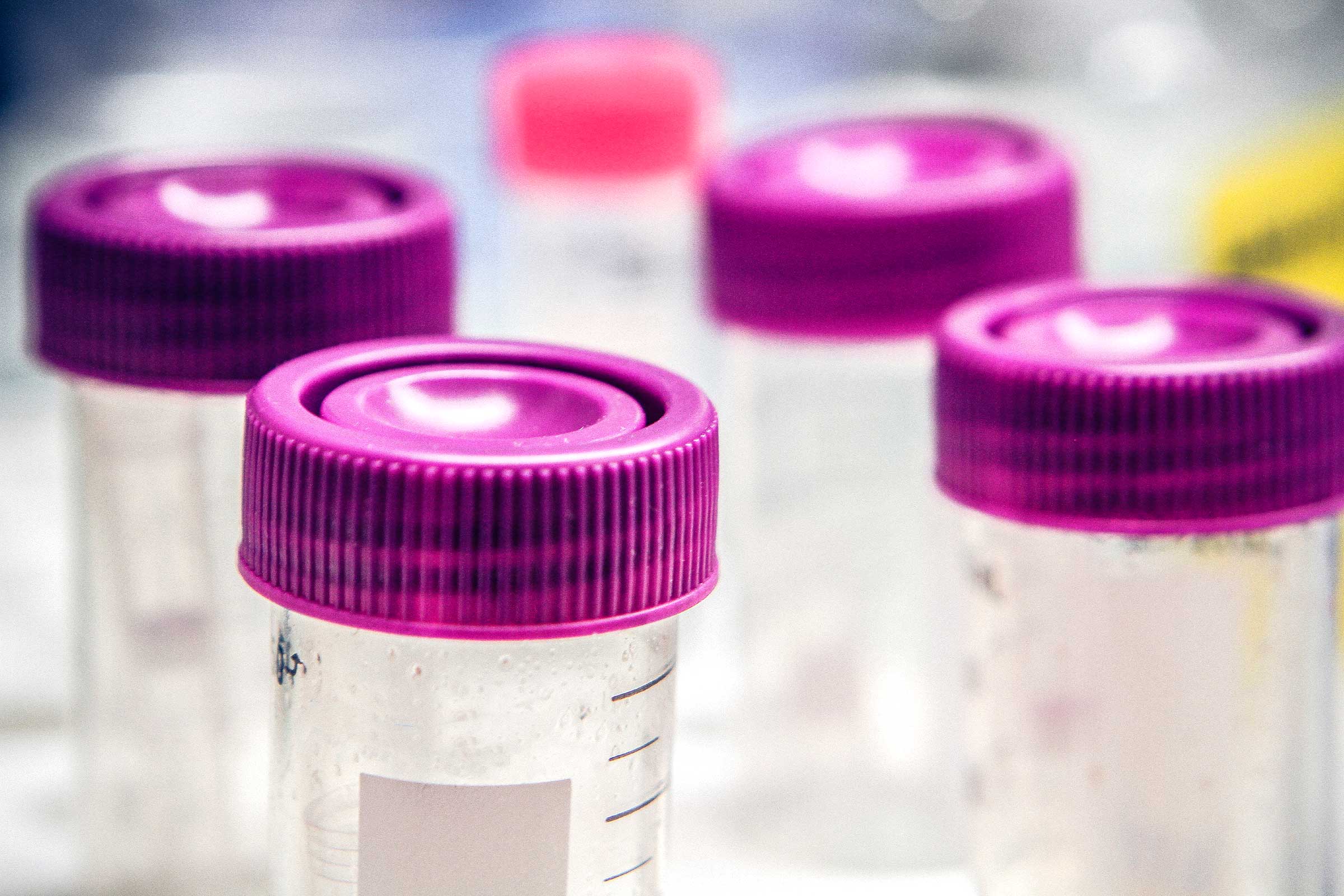
“In reality there are hundreds of types of cancers. Each has a unique molecular signature and variable clinical expression. In my subspecialty of neuro-oncology, we have identified at least 120 subtypes of brain and spinal cord cancer. With an enemy this diverse, our diagnostic and therapeutic approaches must expand.” —Ashley Sumrall, MD
Myth: Having a “cancer gene” means you’re doomed to get cancer
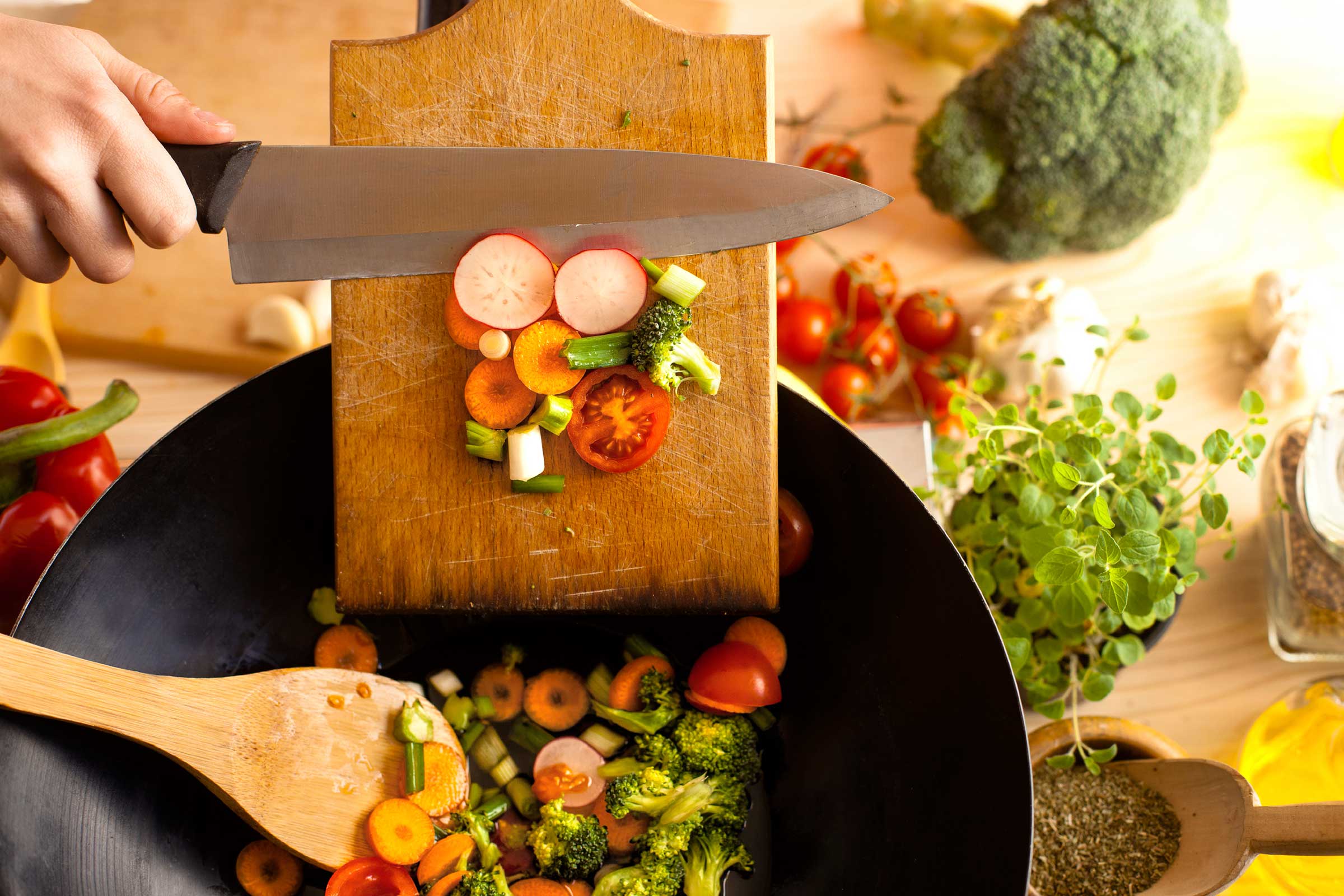
“Many people who have a genetic mutation associated with an
increased cancer risk think there is nothing they can do to avoid it, but there are so many intricate pathways in our metabolism and in our cells. Some of these pathways can turn genes on and some can turn them off. It’s a field called eipgenetics, where environment and external influences can alter gene expression. This gives the patient power to do things, like eating a healthy diet and exercising, that can possibly affect their outcome.”
—Dr. Yee
Myth: Superfoods can prevent or cure cancer
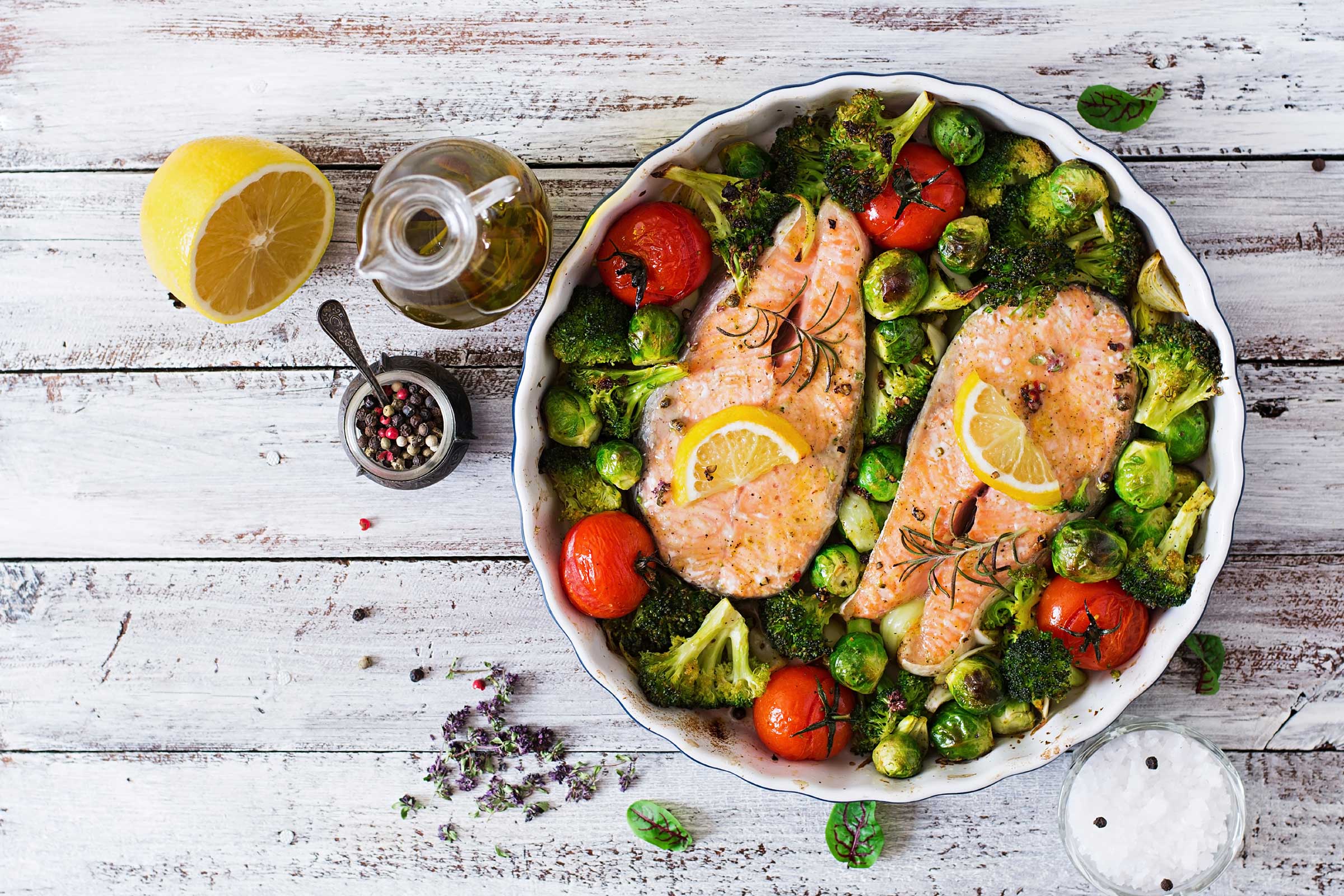
“People think that there’s a food or a type of food that can solve all your cancer problems and reduce your cancer risk but the evidence just isn’t there. What we see from an evidence perspective is that overall dietary pattern makes a difference. Now there certainly are foods that I think of as ‘super’ that are really healthy and packed with nutrients, like colorful fruits and vegetables, whole grains, and healthy protein sources like fish and beans. We should be eating a lot of them—just not with the idea that any one of those is going to prevent cancer.” —Colleen Doyle, MS, RD, director of active living for The American Cancer Society
Myth: Cancer is hereditary; you can only get it if it runs in your family
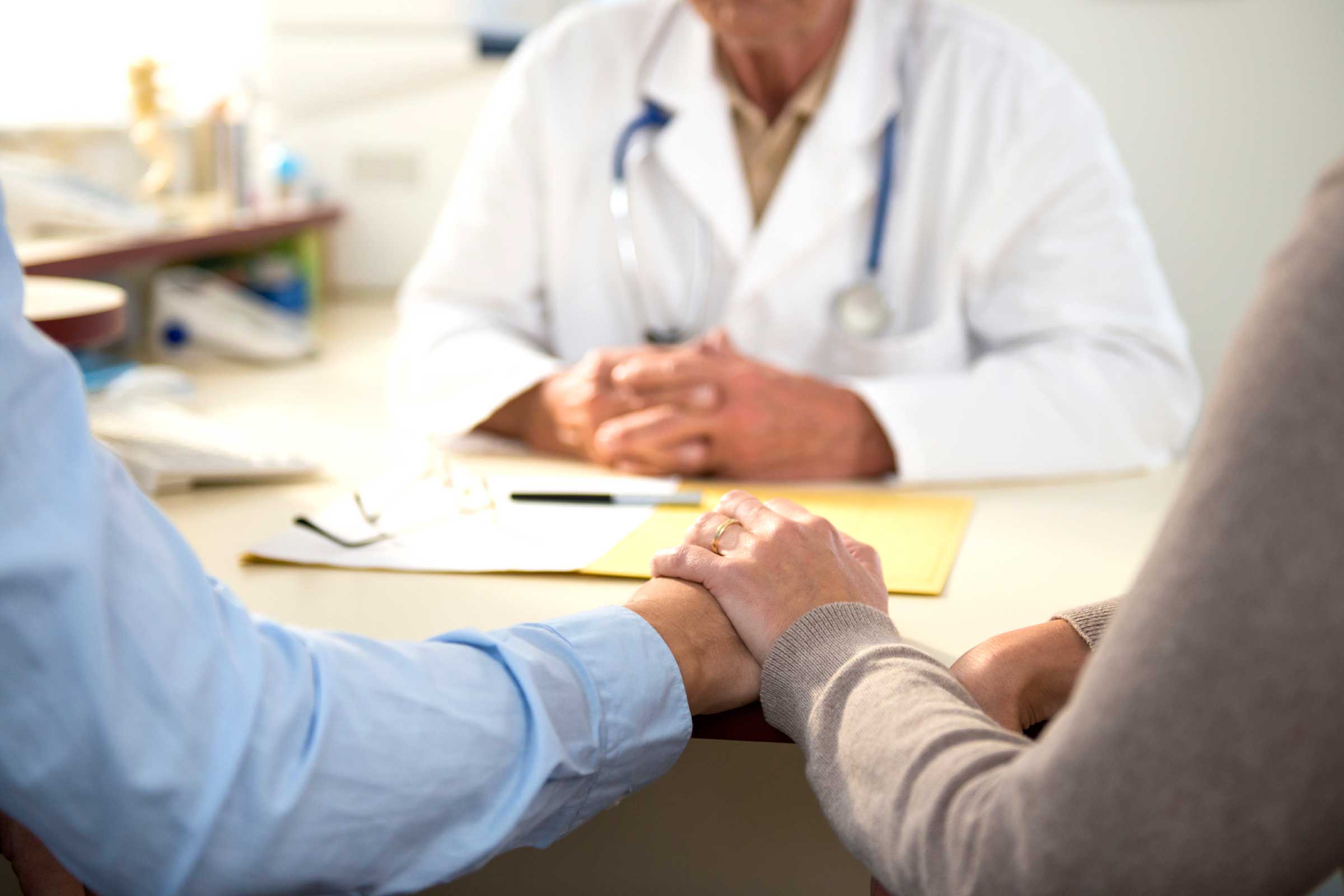
“There are familial patterns of inheritance with many forms of cancer, yet the most common forms of cancer are often unrelated to genetics. More importantly, even if a cancer is genetic, it does not necessarily mean that you will express that cancer. The medical field still does not fully understand why certain patients will get a cancer while other family members with similar genetics and environmental exposures will not. The take-home message: All people should live their lives in the healthiest manner possible to avoid all disease, which should include your physical and mental health.” —David Poulad, MD, a neurosurgeon and partner at IGEA Brain & Spine, specializing in neuro-oncology
Myth: Cancer is a death sentence
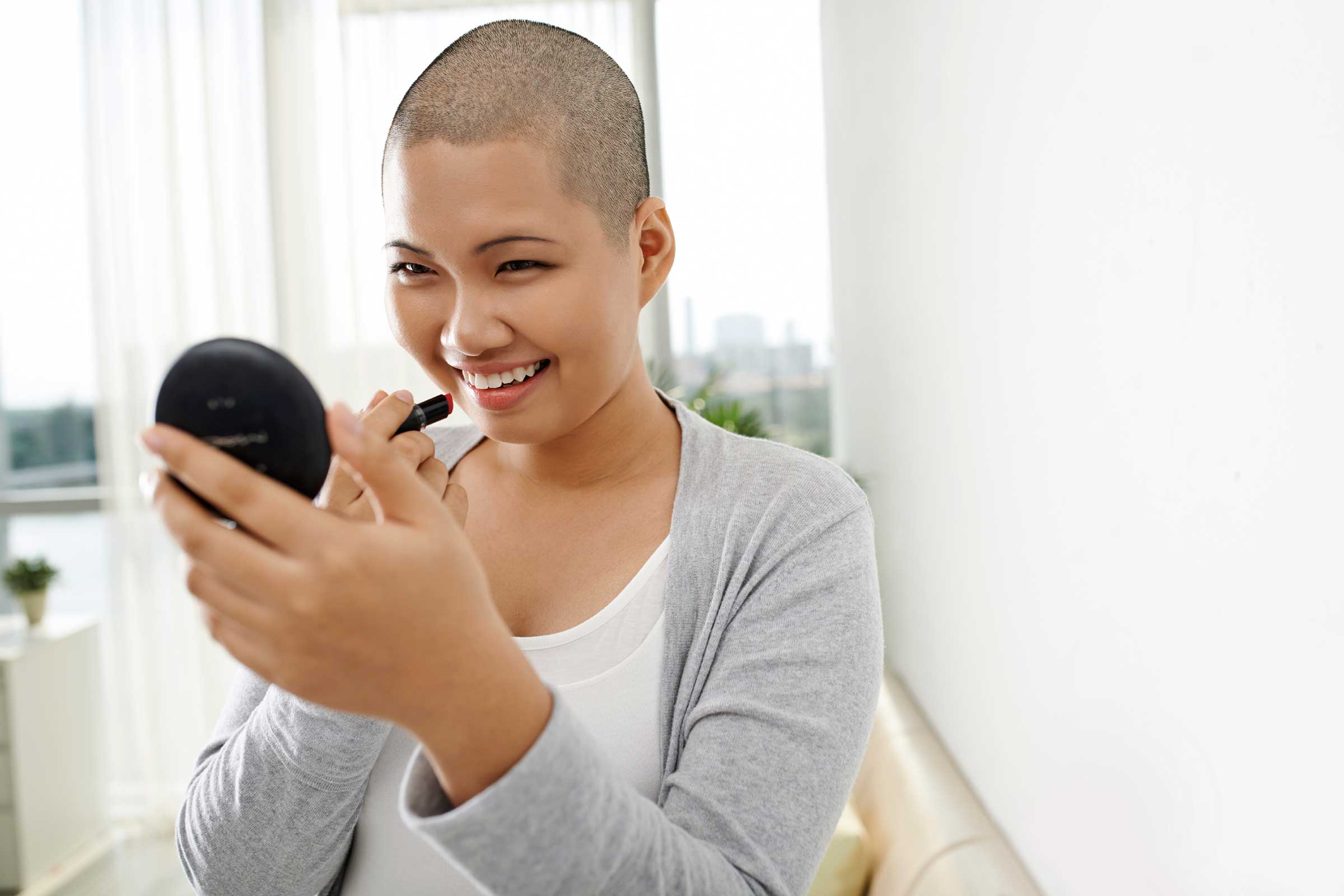
“Many people think cancer is incurable despite all the money that has been invested in decades of research. But although
cancer can be a devastating diagnosis, it is not hopeless. New research in immunotherapy has enabled us to give more patients hope about managing their disease and possible beating it altogether.”
—David Poulad, MD
Myth: Sugar causes cancer
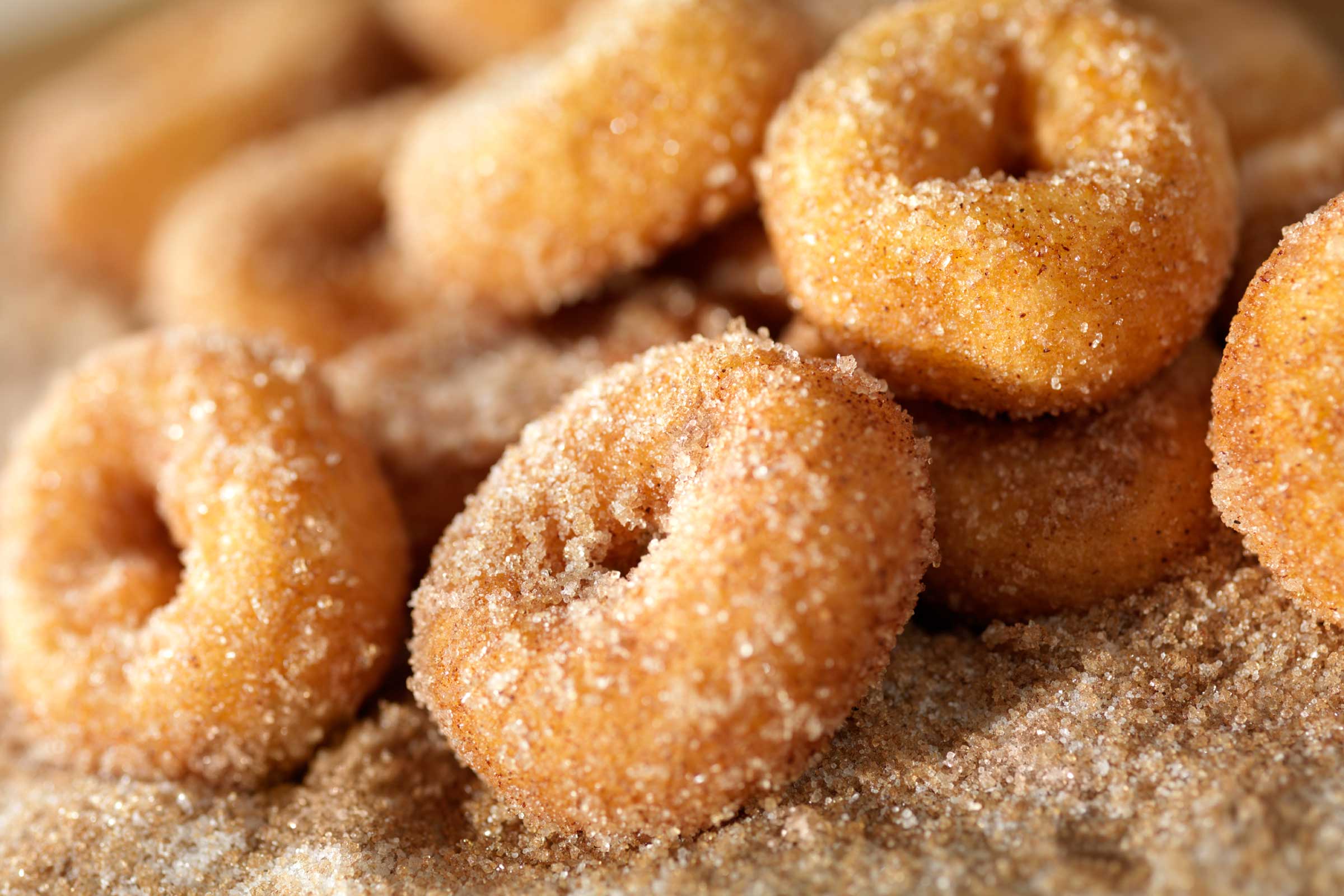
“Sugar doesn’t cause cancer, nor does it worsen it. Sugar is needed to support the immune system, which helps fight cancer.
Sugar (glucose) in moderation is just fine and important in a balanced diet.”
—Anton Bilchik, MD, chief of medicine and chief of gastrointestinal research at John Wayne Cancer Institute at Providence Saint John’s Health Center in Santa Monica, California
Myth: It’s your fault you have cancer

“While there are some lifestyle factors that affect cancer risk, we’re not clear on what exactly causes it. Once a cancer develops it’s no longer relevant how you got it. Don’t waste time and energy chiding yourself—shaming yourself or others is completely unhelpful.” —Stephen Marcus, MD, cancer researcher and author of Complications of Cancer.
Myth: Having surgery can cause a cancer to spread or grow
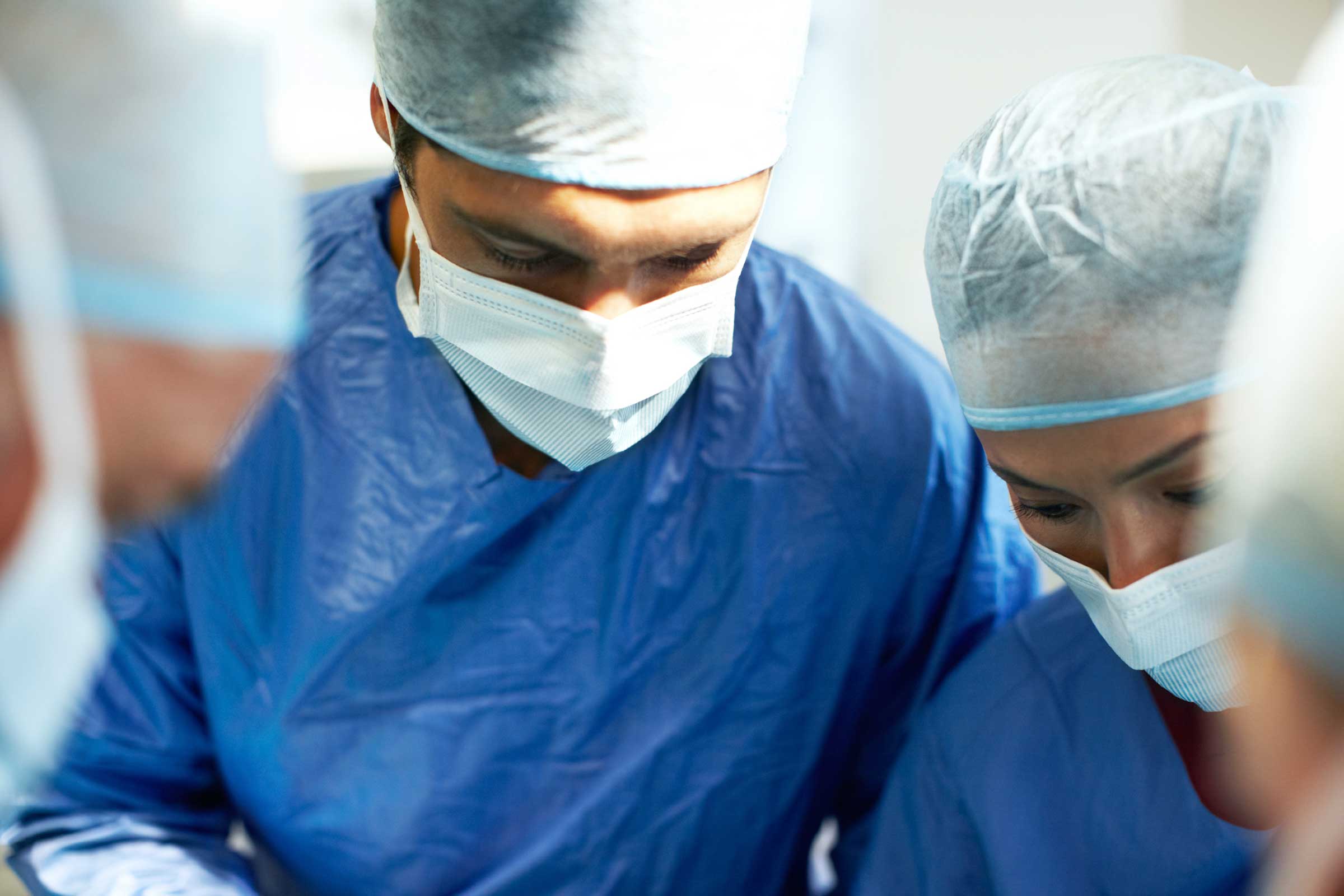
“Cancer spreads through the blood or lymphatic system. Having surgery does not increase its potential to spread and most of the time actually decreases it.” —Carla Fisher, MD, assistant professor of surgery, Hospital of the University of Pennsylvania
Myth: Drinking coffee or tea can reduce your cancer risk

“There’s been a lot of research about whether green tea and coffee can effect your cancer risk. I would say the jury is still out. We know the antioxidants in fruits and vegetables are protective against cancer; what we don’t really know is if those same antioxidants are in tea or coffee. I tell people if you like it then drink it but from a cancer perspective we don’t know enough to say ‘If you drink this it will reduce your cancer risk.'” —Colleen Doyle, MS, RD
Myth: Your doctor doesn’t understand your fears about cancer
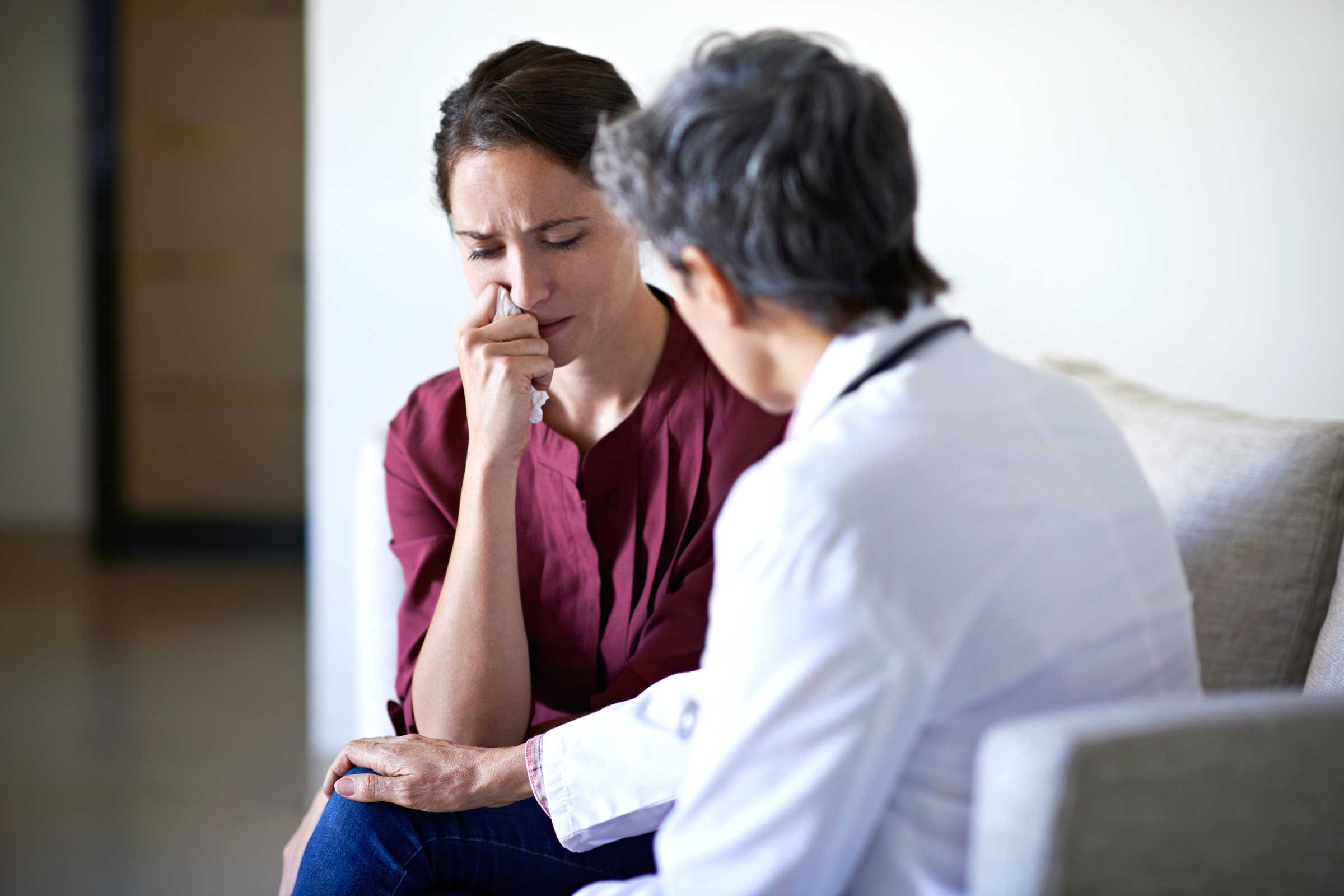
“I am a prevention expert who treats cancer patients and at the end of the day, we as experts, are no different from the average Joe. We worry about getting cancer and preventing it; we struggle with weight control, getting enough sleep, work-life balance, and prioritizing exercise. You can tell us anything.” —Peter Shields, MD, deputy director and cancer prevention researcher at The Ohio State University Comprehensive Cancer Center and lung oncologist with the James Cancer Hospital and Solove Research Institute
Myth: If you have cancer you should just rest and take it easy
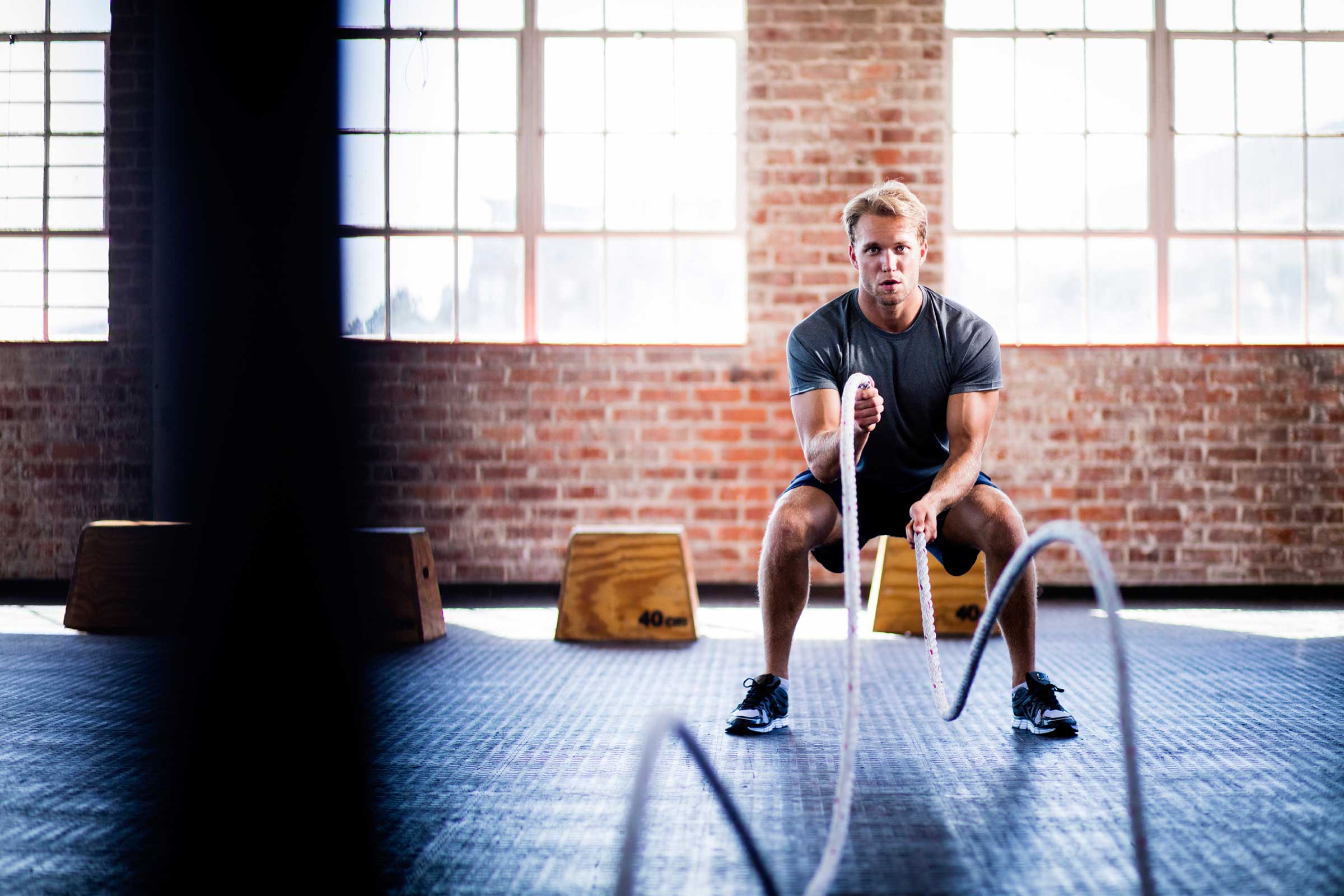
“An intervention like exercise has almost universally positive side effects versus other treatments that can have deleterious side effects. Exercise is a type of therapy that benefits multiple systems in the body, and may permanently alter the environment within the tumor. ” —Brad Behnke, PhD, an associate professor of exercise physiology and lead author of a study examining this link















